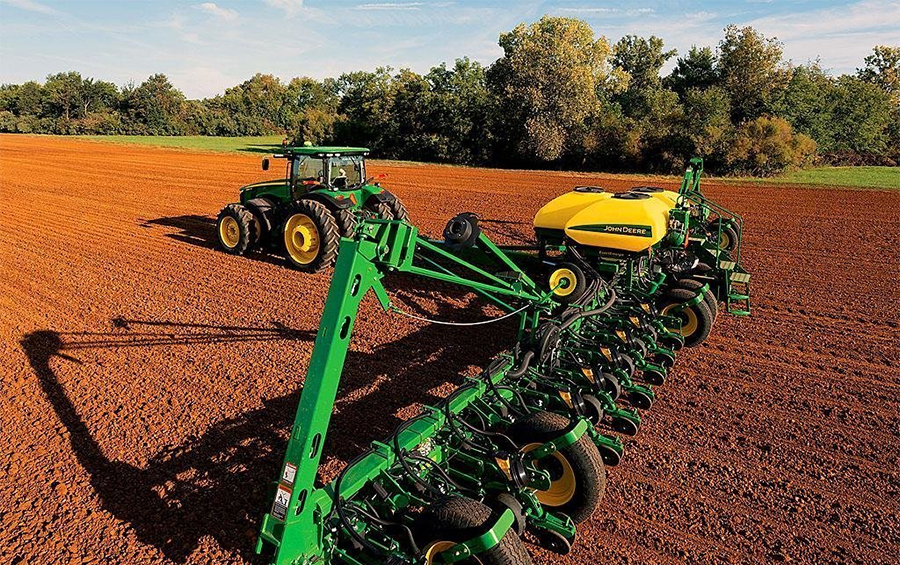Pakistan. Wheat sowing targets achieved by 102.34%, crop cultivated over 22.73 mln

The wheat crop has been sown across more than 22.73 million acres of land in various crop-growing regions during the Rabi season 2023-24 to meet staple food requirements and maintain strategic reserves throughout the year.
The crop sowing targets for the current season (2023-24) were fixed at 22.22 million acres as the cultivation targets till the end of the second week of the current month were achieved by 102.67 percent, said Food Security Commissioner Imtiaz Ali Gopang.
He said that the crop sowing has gained momentum across the wheat-producing areas in the country as Punjab Province has completed wheat sowing over 103.09 percent of areas as against the set targets.
The Punjab, which is the largest wheat-producing province in the country, has completed crop sowing over 16.48 million acres compared to the fixed targets of 15.99 million acres during the current season.
Meanwhile, Sindh Province has achieved 106.66 percent of its targets as wheat cultivation in different divisions of the province was completed over 3.16 million acres as against the set targets of 2.97 million acres, he added.
Meanwhile, the Khyber Pakhtunkhwa has also achieved wheat sowing targets by 100 percent, and crop cultivation was completed over 1.93 million acres as compared to the set targets of 1.93 million acres during the current sowing season, he added.
He informed that according to the Provincial Crop Reporting Services, the Balochistan Province has achieved 100 percent of wheat sowing targets set for the current season.
In Balochistan the wheat crop was cultivated over 1.93 million acres, he said adding the province was assigned a task to grow wheat over 1.33 million acres during the current season.
The Food Security Commissioner further informed that approximately 729,000 metric tons of high-quality certified wheat seeds would be available to the local farming communities during the current season which comprises over 46 per cent of the total local demand.
In addition to seeds, the government was implementing various strategies to guarantee an ample supply of essential agricultural inputs, such as fertilizers, pesticides and access to finance to achieve the fixed targets of the season, he remarked.
Read also
Wheat in Southern Brazil Impacted by Dry Weather and Frosts
Oilseed Industry. Leaders and Strategies in the Times of a Great Change
Black Sea & Danube Region: Oilseed and Vegoil Markets Within Ongoing Transfor...
Serbia. The drought will cause extremely high losses for farmers this year
2023/24 Safrinha Corn in Brazil 91% Harvested
Write to us
Our manager will contact you soon



